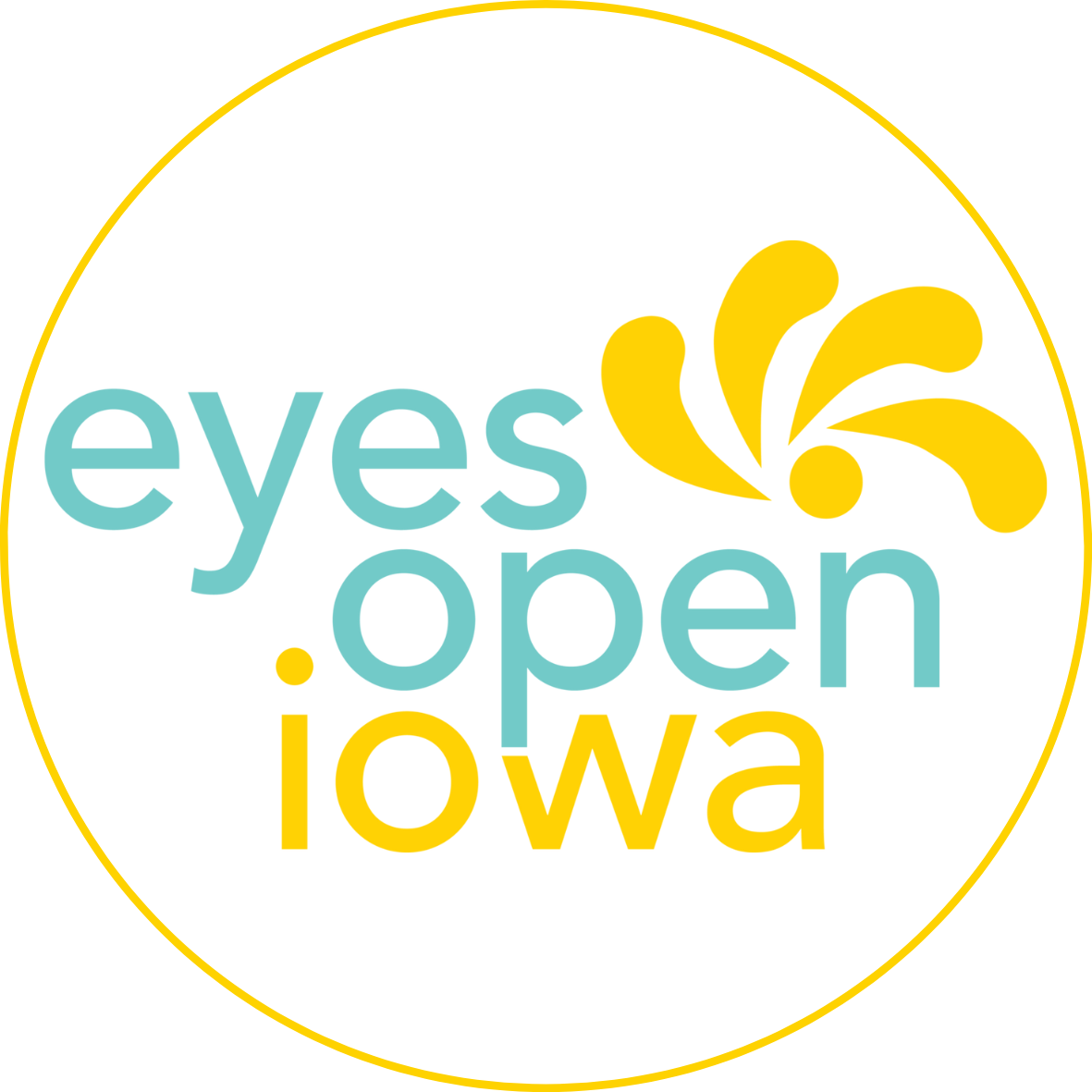LGBTQ Mental Health Incorporation into Medical Education Curriculum
LGBTQ Mental Health Incorporation into Medical Education Curriculum
By Hannah Forrestal
The 2022 National Survey on LGBTQ Youth Mental Health revealed that 73% of LGBTQ youth within the United States experience symptoms of anxiety and 58% report symptoms of depression (The Trevor Project, 2022). The survey also revealed that although 82% of LGBTQ youth actively want mental health care, nearly 60% report being unable to access any form of mental health care (The Trevor Project, 2022). These statistics illuminate the dire need for mental healthcare incorporation into current medical practice.
LGBTQ youth have consistently failed to receive adequate healthcare within the United States (U.S.). Poor mental health outcomes, medical distrust, and lack of LGBTQ inclusive healthcare all factor into this complex dilemma. These issues must be specifically addressed to mend the gap in the U.S. healthcare system that is perpetuating poor health outcomes for the LGBTQ community.
A systematic review demonstrated that a majority of pediatricians feel unprepared to manage LGBTQ mental health in practice (Stern, 2021). Furthermore, 80% of medical students admit to feeling underprepared to treat LGBTQ populations (Streed et al., 2019). These inadequacies while providing healthcare to LGBTQ youth can be directly visualized through the fact that most LGBTQ youth report refraining from obtaining healthcare out of fear of being misunderstood or misrepresented along with a strong distrust in healthcare providers (The Trevor Project, 2022).
Most medical programming does not currently offer information on LGBTQ specific issues within their curriculum (Maza & Krehely, 2010). A medical education curriculum that includes LGBTQ inclusive healthcare would provide an avenue to arm health professionals with the knowledge necessary to manage diverse patient populations in future practice. An emphasis in LGBTQ-supportive cultural competency throughout medical training would encourage trustful and productive relationships between LGBTQ youth and healthcare professionals throughout future practice (Maza & Krehely, 2010). After the foundational base knowledge has been created for healthcare providers, resources may be acquired to support LGBTQ mental health in practice along with the creation of policies that ensure health equity across LGBTQ patient populations for years to come.
